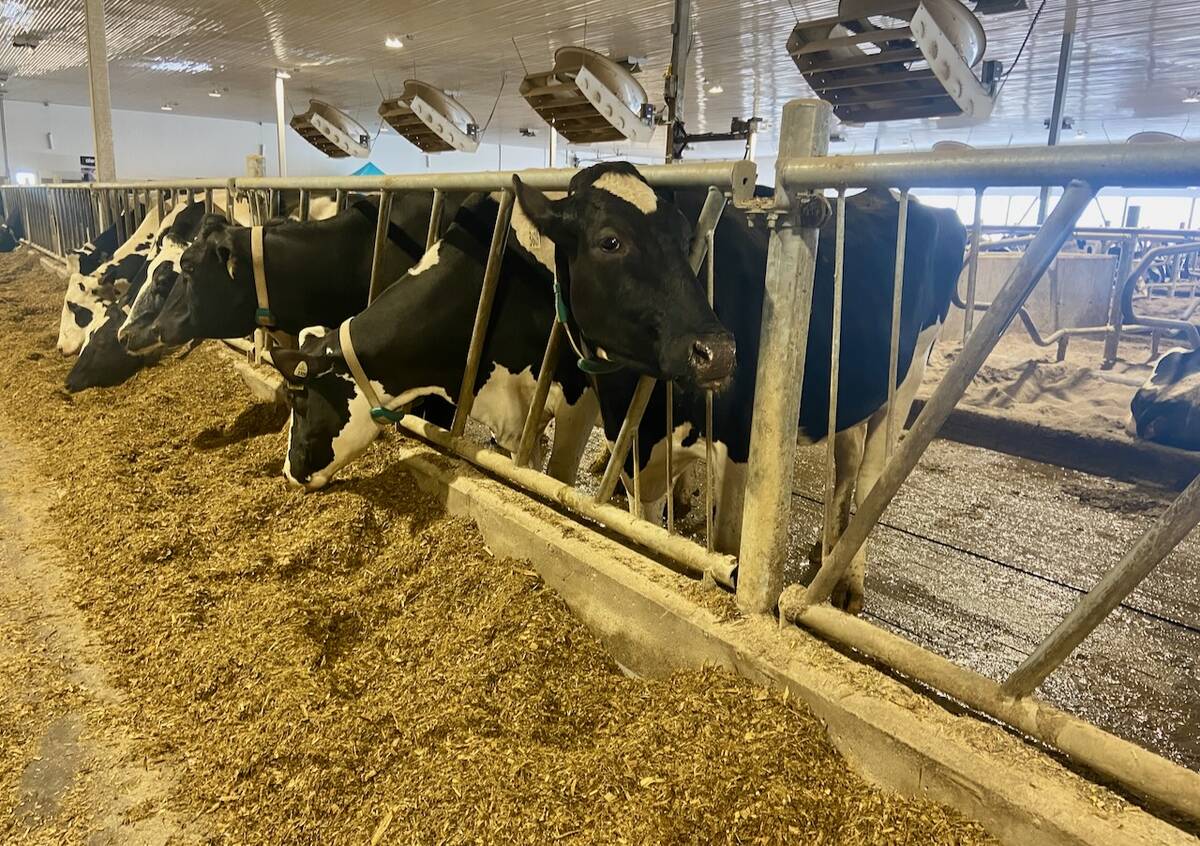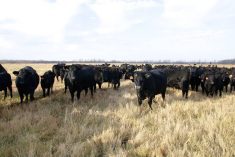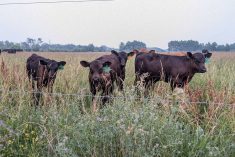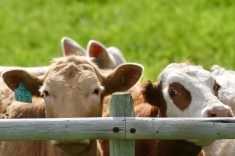Opening up the farm to visitors is not for everyone, but a small group
of farmers has found that agri-tourism is one way to educate city folk
and make some pin money.
“You have to know yourself and what you can stand,” said Leona Staples.
She and her husband Blaine have opened their farm to school groups,
youth clubs and seniors’ tours.
“We wanted to experiment and try some different things,” Staples said.
“Teachers are very good in giving us comments on what we can do better.”
Read Also

U.S. farm group supports supply management
U.S. grassroots farm advocacy group pushing new agriculture legislation that would move towards supply management like Canada has for dairy industry
Their farm near Innisfail, Alta., has a large market garden as well as
a cattle and grain operation. They started the tours when their
children’s school classes in Innisfail were looking for field trips
several years ago.
Staples is able to fit aspects of farm production into the kindergarten
to Grade 3 curriculum. They focus on the market garden so children can
learn up close how plants grow and produce food.
Her biggest surprise came when children from Innisfail did not know
that peas come from pods. They also didn’t recognize carrot tops.
“It was such an eye opener for me,” she said.
The Staples grow a two-acre corn maze, which is used for scavenger
hunts and leisurely walks.
“I don’t have any fancy design. I just take my lawn mower and go,” she
said.
They do not charge school groups, but there is a fee for other tours.
A fall festival brings out families for a day and night of
entertainment. It offers tours of the farm, live entertainment and lots
of food. At nightfall, people are allowed into the strawberry patch.
For $10, they are allowed to pick all they want in the dark.
Extra staff is hired to teach farm facts to tour groups.
The Staples carry extra liability insurance and inform their broker
each year of the types of activities they are offering. The farm rules
are also explained to visitors so people understand they must stay away
from livestock, heavy equipment and the dugout.
Their tours have been advertised by word-of-mouth and they expect
agri-tourism to expand.
“It is the opportunity to educate. If children never see agriculture,
how can we expect urban people to understand rural life?” Staples said.
Cheryl Coleman’s family has recently allowed tours to their dairy farm
near Caroline, Alta., mostly local schoolchildren.
The Colemans milk 70 Jersey cows and keep some exotic pets.
Children are allowed to milk a cow, bottle feed lambs, tour the barns,
watch the poultry and learn about the farm’s sights and smells.
“You’d be surprised how many kids walk into the barn with their hands
over their face,” she said.
The farm has picnic facilities for wiener roasts, and tree houses and
swings for younger guests.
Farm safety rules are a must, and the Colemans have learned to tidy up
the yard and lock dangerous items away.
“It calls for a lot of prep work before the kids get here,” she said.
Alberta Agriculture recommends three key elements for a successful farm
tourism program:
- Activities need to be hands-on and interactive to hold people’s
attention, especially young children.
- Written material and talks should be geared to the age of the group.
- The visit must be fun.
The department says it is appropriate to charge visitors for the
service.
Rules need to be explained and understood. This includes outlining
expectations of behaviour and respect for boundaries.
For further guidelines on agri-tourism, contact Kerry Engel of Alberta
Agriculture at 780-349-4466.















